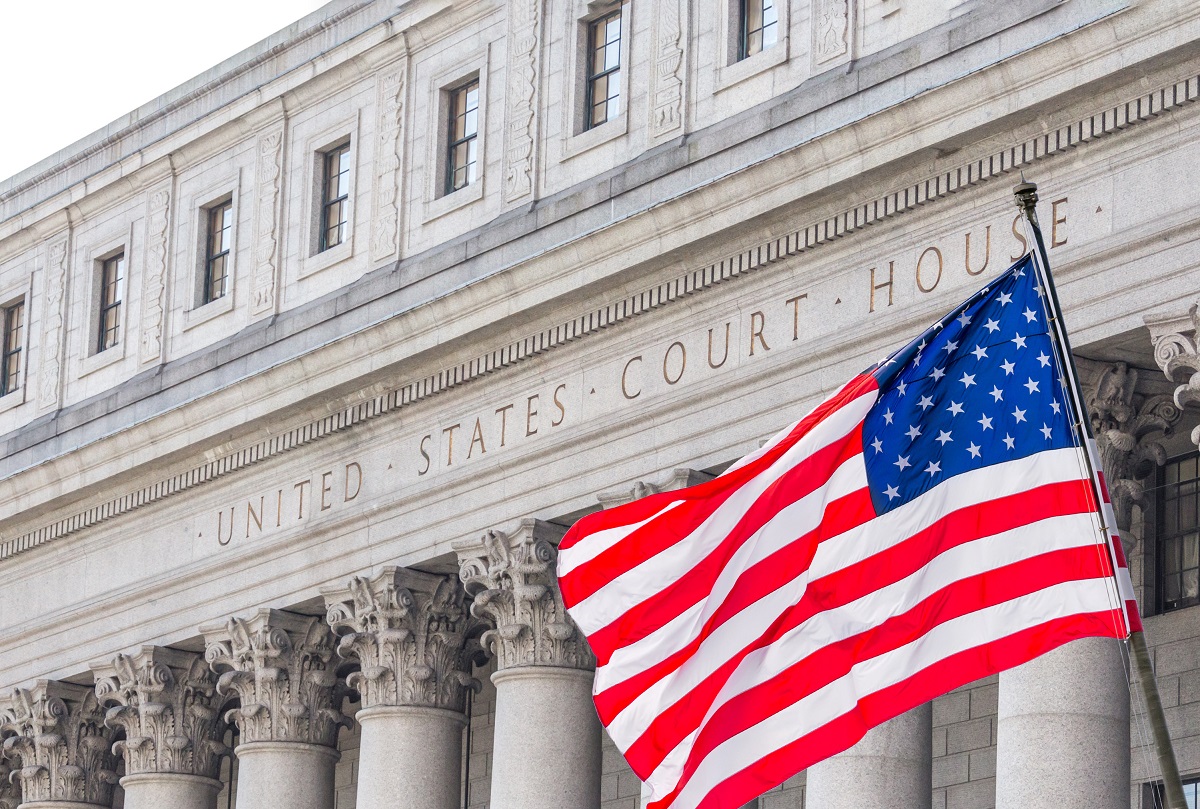A recent decision from the New Jersey Appellate Division comes as welcome relief for purchasers of defaulted debt. The decision, Woo-Padva v. Midland Funding LLC, concerns the New Jersey Consumer Finance Licensing Act (CFLA), and whether a debt buyer who failed to have such a license could be liable under the state’s consumer protection law.
Posts published by “Thomas Dominczyk”
Tom Dominczyk is based in Maurice Wutscher's New Jersey office and supports the firm's matters in its New York and Pennsylvania offices, practicing in the firm's Commercial Litigation, Consumer Credit Litigation and Bankruptcy groups. Tom has successfully represented financial institutions and law firms throughout the country for claims filed under the Fair Debt Collection Practices Act, Fair Credit Reporting Act and various state consumer protection statutes. In addition to his litigation practice, Tom represents national, regional and local creditors in a variety of bankruptcy matters ranging from the defense of adversary actions to complex non-dischargeability litigation and preference defenses. He served as a Judicial Clerk to the Honorable Graham T. Ross, P.J.F.P., Superior Court of New Jersey, Somerset County. For more information, see https://mauricewutscher.com/attorneys/thomas-r-dominczyk/
The U.S. Court of Appeals for the Second Circuit was relatively quiet when it came to the Fair Debt Collection Practices Act, only issuing three opinions.
The U.S. Court of Appeals for the Third Circuit recently confirmed that parties may contractually delegate questions of arbitrability to the arbitrator and reversed a District Court’s order denying a debt buyer's motion to compel arbitration when there was a question about the validity of assignment of the underlying contract.
Here are my choices for the most influential decisions in consumer credit litigation in the past year from the U.S. Court of Appeals for the Second Circuit. The cases concerned Article III standing, credit reporting, unwanted faxes, and an FDCPA "interest accrual" claim.
Scolding plaintiff’s attorneys who “manipulate” the FDCPA for their own personal gain, U.S. District Judge Gary R. Brown on July 23 issued an opinion in a consolidated matter dismissing multiple complaints alleging debt collectors violated the FDCPA by transmitting consumer information to lender vendors engaged to print or send dunning letters.
Like many circuits in 2020, the Third Circuit did not author a large volume of opinions covering the Fair Debt Collection Practices Act (FDCPA) or the Telephone Consumer Protection Act (TCPA).
The Second Circuit was relatively quiet when it came to the Fair Debt Collection Practices Act (FDCPA) and the Telephone Consumer Protection Act (TCPA) in 2020, but when it did issue opinions, several were quite impactful in our industry.
Nearly 30 years after authoring an opinion that has been rejected by the Second, Fourth and Ninth Circuits and ignored by the First, Fifth, Sixth and Seventh Circuits, the Third Circuit finally acknowledged that its original interpretation of 15 U.S.C. 1692g(a)(3) of the Fair Debt Collection Practices Act was wrong.
In the final few pages of a 108 page opinion of a motion to dismiss a complaint jointly filed by the Consumer Financial Protection Bureau (CFPB) and the Attorney General of the State of New York (NYAG), a Federal Judge sitting in the Southern District of New York declined to follow an earlier ruling from the Court of Appeals for the District of Columbia Circuit but instead adopted the dissent which held that “the CFPB is unconstitutionally structured because it is an independent agency that exercises substantial executive power and is headed by a single Director.” A copy of the…
Just over two years to the day after it issued its opinion in Avila v. Riexinger & Associates, LLC, the Second Circuit Court of Appeals has issued a critical blow to a recent spate of FDCPA lawsuits attempting to create liability out of thin air. A copy of the opinion in Taylor v. Financial Recovery Services is available at: Link to Opinion. In Avila, the Second Circuit held that a debt collector violates the FDCPA by stating the “current balance” of a consumer’s debt without disclosing that the balance is increasing due to the accrual of interest or fees. In Avila, the debt…
A New Jersey federal District Court recently granted a debt collector’s motion for summary judgment in a claim arising from service fees where the collection account at issue did not belong to the debtor. A copy of the opinion in Benali v. AFNI is available at: Link to Opinion. The plaintiff received a dunning letter from a collector allowing him to make payments by phone or online subject to a $4.95 processing fee. Similar payments made by mail would not be subject to the processing fee. Although the account at issue did not belong to him, the plaintiff filed suit…
In response to a request from the U.S. Court of Appeals for the First Circuit, the Supreme Judicial Court of Massachusetts recently held that a recorded attorney’s affidavit attesting to the proper acknowledgment of a recorded mortgage with a Certificate of Acknowledgment that omits the mortgagors’ names, in certain circumstances, may cure the defect in the Acknowledgment. The Court also held that a recorded attorney’s affidavit attesting to the proper acknowledgment of a recorded mortgage with a Certificate of Acknowledgment that omits the mortgagors’ names, in certain circumstances, may provide constructive notice of the existence of the mortgage to a…












